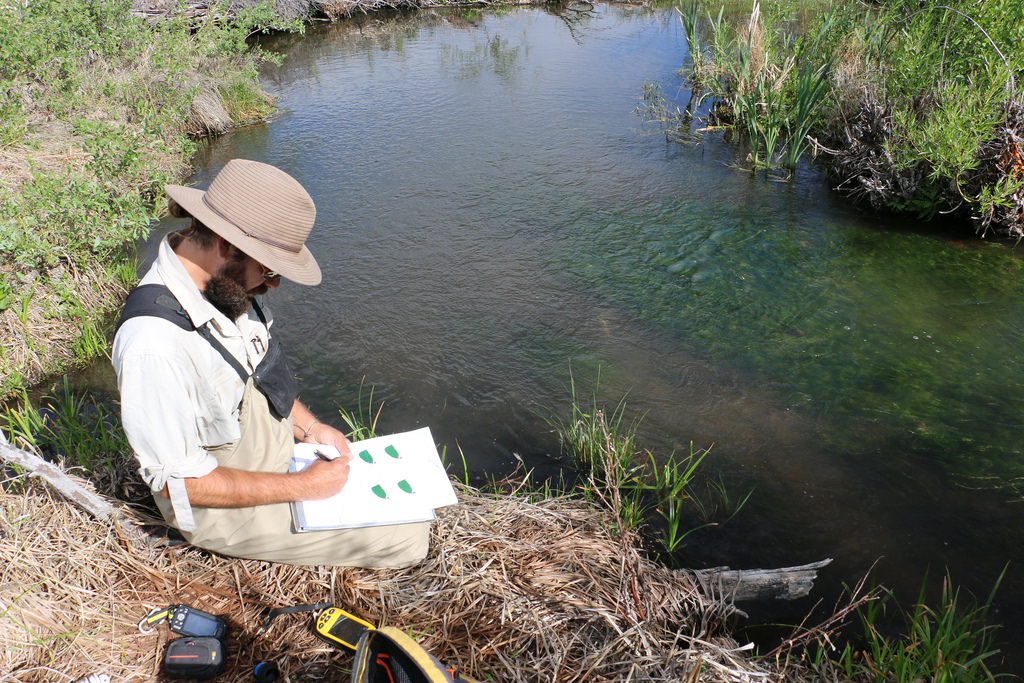The first Asia-Pacific Ministerial Summit on the Environment called on governments in the region to forge a transformative alliance that will drive forward an innovative, productive, resource efficient low carbon and pollution free economy as a means to deliver the 2030 Agenda for Sustainable Development.
High-level officials from over 35 countries were present at the Summit held jointly by the United Nations Economic and Social Commission for Asia and the Pacific (ESCAP) and UN Environment to assess the state of environmental sustainability in the region, identify regional perspectives and priorities, and agree on concerted actions to promote a resource efficient and pollution-free region, sound environmental management and sustainable use of natural resources.
United Nations Under-Secretary General and Executive Secretary of ESCAP Dr. Shamshad Akhtar highlighted that Asia and the Pacific continues to exhibit high resource intensity and underlined the importance of the Summit theme ‘Towards a resource efficient and pollution free Asia-Pacific region,’ which acknowledges that Earth’s natural resources, including clean air, oceans and freshwater, are fundamental for human survival, prosperity, and well-being.
“A stronger focus on resource efficiency will allow humanity to continue to expand the use of services while reducing the actual quantity of resources used. Only by decoupling economic activity and human well-being from resource use, waste and pollution, can the Sustainable Development Goals be reached for all,” said Dr. Akhtar.
“Building on the regional and global momentum to act, countries must now urgently translate the global agreements on paper to action on the ground. The regional road map for implementing the 2030 Agenda for Sustainable Development in Asia and the Pacific which our member States adopted earlier this year provides a guiding framework for facilitating regional cooperation including inter alia on sustainable management of natural resources.”
Erik Solheim, Head of UN Environment highlighted that Asia-Pacific has undergone enormous positive change in recent decades, something that has lifted countless people out of poverty but that this growth has come at a cost, namely increased pollution and the depletion of natural resources.
“Millions are dying because of environmental degradation, from heart diseases, strokes, respiratory diseases and lung cancer caused by indoor and outdoor pollution, which has become the biggest health scourge of the 21st century. The outstanding natural beauty of the region is also under threat from the tide of plastic waste dumped into our oceans, and this waste is finding its way into the food chain,” said Mr. Solheim.
“But the leadership and resolve to tackle these issues is getting stronger. Development and environmental protection are no longer seen as part of an either-or equation. Many parts of the region are now showing the world how to shift to a low carbon, sustainable and inclusive economy. Pollution can be controlled and avoided, and we know that positive action now will allow us to reap huge rewards in the future.”
Whilst Asia and the Pacific has made major progress in terms of economic growth and poverty reduction, the same regional megatrends that are transforming societies and economies, such as urbanisation, economic and trade integration, rising incomes and changing consumption patterns are multiplying environmental challenges in the region.
Regional CO2 emissions have doubled between 1990 and 2012, from 8,027 million tonnes to 16,849 million tonnes, and the use of resources in Asia-Pacific, such as minerals, metals and biomass, has tripled since 1990. Air, ocean and fresh water pollution is on the rise. Unhealthy environments are causing significant health problems including more than 7 million deaths annually, mostly attributable to outdoor and indoor air pollution.
Regional priority areas of action identified at the Summit will feed into a Ministerial Declaration.
Thank you for reading the story until the very end. We appreciate the time you have given us. In addition, your thoughts and inputs will genuinely make a difference to us. Please do drop in a line and help us do better.
Regards,
The CSR Journal Team


